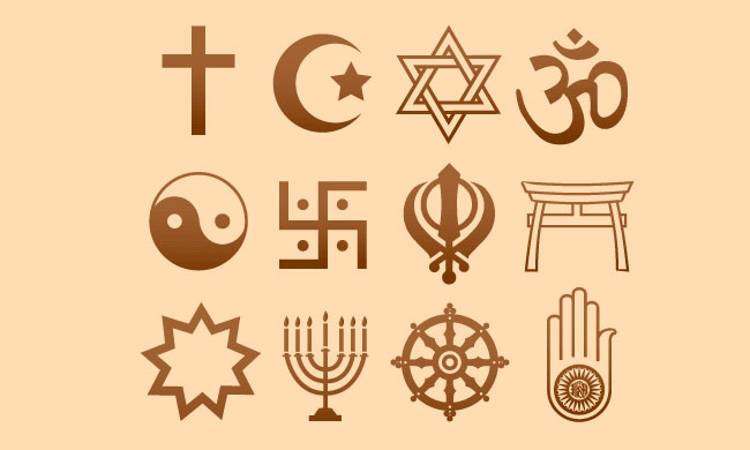- Home
- /
- Know the Law
- /
- Can Religious Symbols Be Registered...
Can Religious Symbols Be Registered As Trademarks?
Kanika Handa
17 April 2020 9:02 AM IST
Introduction India being a pluralistic country, has multiple religions and the Constitution of India secures freedom of faith, freedom of expression to all the citizens, irrespective of their religion. The State doesn't have a religion of its own and doesn't interfere with any religion. Article 25 of the Constitution secures to the citizens the right to freely profess, practice...
Next Story



